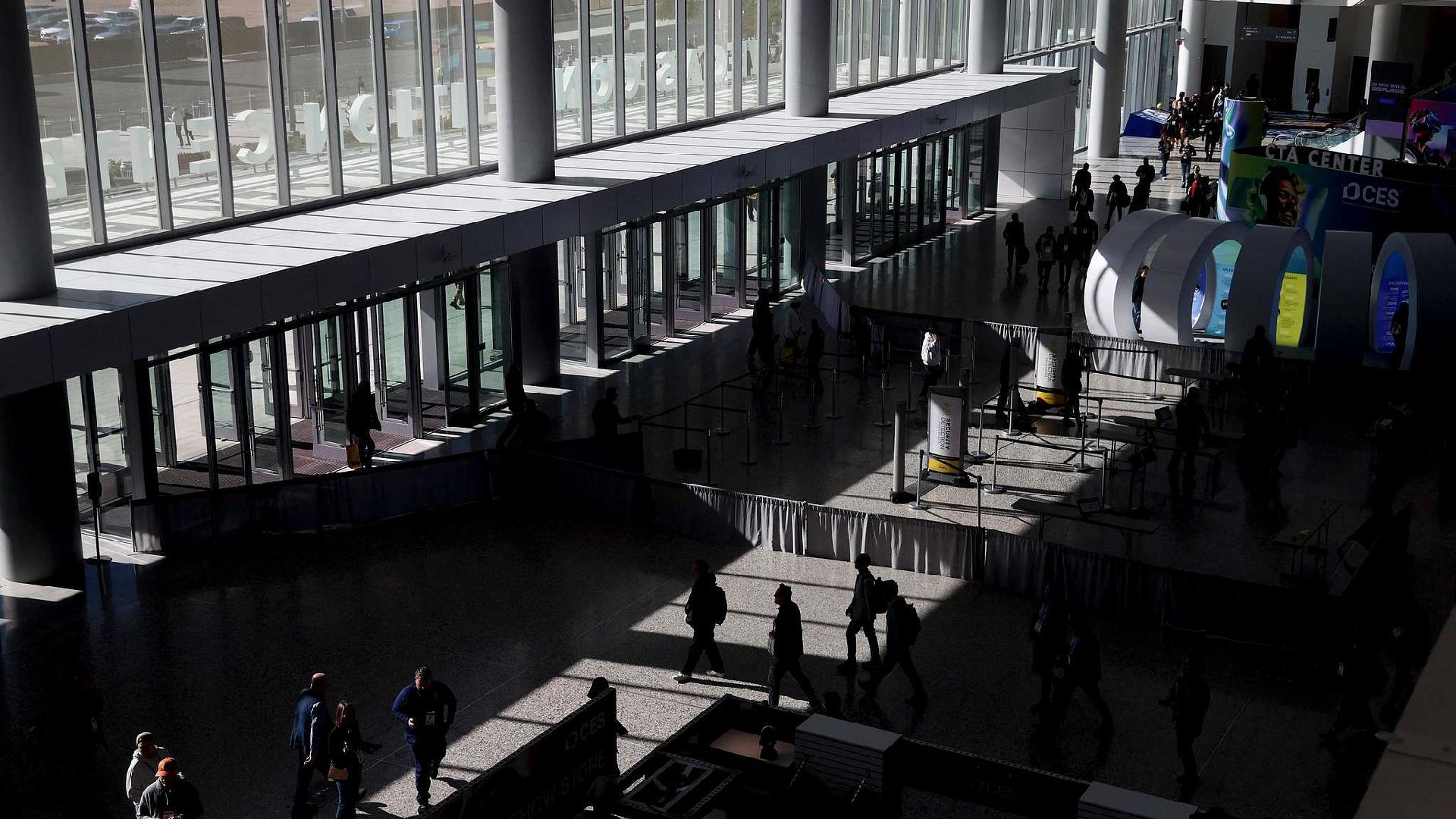Navigating Uncertainty: Challenges for U.S. Tech During Trump's Administration
Navigating uncertainty: U.S. tech faces challenges under Trump explores the difficulties the technology sector in the United States encountered during the Trump administration. The article delves into the various obstacles and uncertainties that shaped the landscape of the tech industry during this tumultuous period.

As Donald Trump begins his second term as president of the United States on January 20, the tech industry is preparing for notable changes and possible disruptions.
Trump's previous administration was characterized by a strong approach to restricting China's access to U.S. technology. This included the implementation of tariffs, export controls, and limitations on Chinese investments in American tech firms. Given this track record and the bipartisan consensus on limiting China's influence, it is anticipated that Trump will further escalate his "tough on China" strategy, which could deeply impact the tech sector in both nations.
As a result, the costs of consumer electronics, such as smartphones, are expected to rise. While the tariffs are intended to bolster domestic manufacturing and lessen dependence on China, they will inevitably increase expenses for components, leading to higher prices for end products.
Negative Consequences
The semiconductor sector might undergo notable changes. Increased tariffs could motivate Chinese companies to prioritize self-sufficiency, generating more competition for U.S. chip manufacturers on the global stage.
Fueled by existing export controls, China's semiconductor industry experienced rapid consolidation in 2024, with over 40 mergers announced that spanned the entire supply chain. Smaller companies are banding together to strengthen their positions.
Some internet influencers have even credited U.S. restrictions with pushing the Chinese chip industry to modernize, which had lagged for years due to competition from imported chips.
Visa Challenges for Talent
The U.S. tech sector might encounter another setback regarding its talent pool if Trump adheres to his prior stance on the H-1B visa program. The denial rate for H-1B visas surged from 6 percent in 2015 to 24 percent in 2018, prompting criticism for making it increasingly difficult for skilled foreign workers to secure visas.
Although Elon Musk, CEO of Tesla and SpaceX, expressed support for expanding the H-1B visa program during Trump's second presidency, he faced resistance from MAGA supporters who contend that the U.S. has sufficient homegrown talent for high-skill roles.
Trump's Changing Perspective
Regarding Elon Musk, the billionaire who openly supported Trump in the recent U.S. election, the new administration's backing of Big Tech may be limited under Musk's influence.
During his first term, Trump initiated antitrust actions against major technology firms, targeting companies such as Amazon, Apple, Google, and Meta through the Department of Justice and the Federal Trade Commission.
However, in this second term, Trump may adopt a less confrontational stance, motivated by the need to stimulate the U.S. economy and reduce consumer goods prices.
Additionally, Trump's endorsement of cryptocurrencies may indicate a potentially softer approach toward Big Tech.
When it comes to the ongoing government investigations into Google and other large tech companies, Trump has not articulated a clear position, expressing that he is "not a fan of Google" while also suggesting that breaking up the company may not be necessary.
James del Carmen for TROIB News
Discover more Science and Technology news updates in TROIB Sci-Tech












